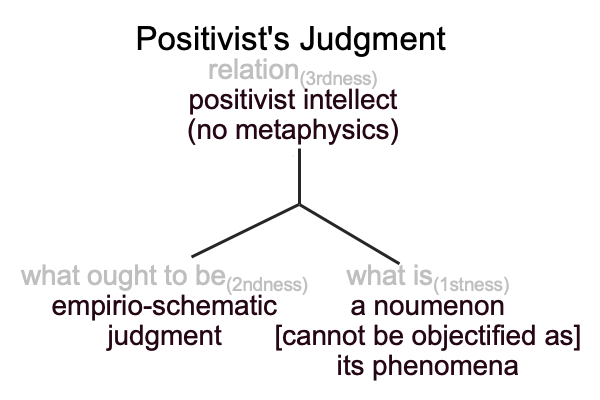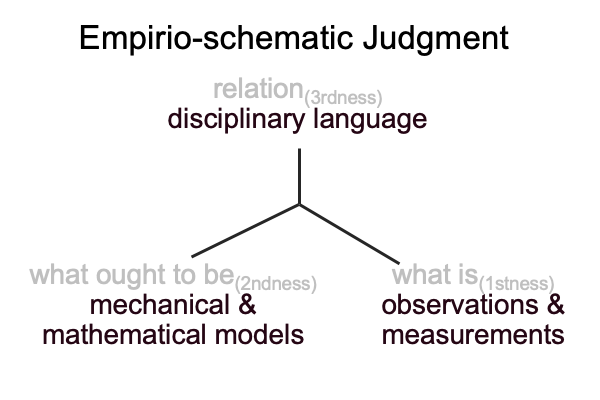0104 What about the second task?
Task two aims for a correct comprehension of the West.
I add, “Especially, the modern West.”
0105 Remember Descartes’ slogan, “I think, therefore I am.”
Modern scientists promise to satisfy an unlimited will to know1 in the normal context of expertise3.
Remember Anselm’s slogan, “Faith seeks understanding.”?
Modern scientists also imagine that they deliver the understanding1 that people seek2 in the normal context of faith3. Otherwise, why write books popularizing scientific knowledge?
People are not interested in materials and methods.
0106 As the western archeomodern groove breaks down, I ask. Is there understanding1 without faith3? Does the invocation of the term, “cultural dynamics1“, satisfy the Cartesian will to know1? Or, are modern and postmodern institutions producing narratives… I mean… nested forms that do not bind well to the otherwise productive archeomodern groove?
The corrupt bureaucrats say, “Trust the science.”
The people reply, “This makes no sense. I do not understand.”
0107 Perhaps, a correct comprehension of the West starts with science.
Christian philosophers struggle to formulate science in terms of Aristotle (or, for Catholics, Thomas Aquinas). Their struggle has been going on for centuries.
Last century, Jacques Maritain comes close to hitting the target. In Comments on Jacques Maritain’s Book (1935) Natural Philosophy, Razie Mah distills Maritain’s argument into two intertwined judgments: the Positivist’s and the empirio-schematic judgments.
0108 A judgment has a triadic structure. It has three elements: relation, what is and what ought to be. Each of these elements may be assigned to one category: firstness, secondness or thirdness. Only one category per element is allowed. Categories define the associated nested form.
Here is a picture of the Positivist’s judgment.

0109 A positivist intellect (relation, thirdness) brings the dyad, a noumenon [cannot be objectified as] its phenomena(what is, firstness) into relation with an empirio-schematic judgment (what ought to be, secondness).
The positivist intellect has a rule. Metaphysics is not allowed.
0110 Note that what ought to be is also a judgment.

A disciplinary language (relation, thirdness) brings observations and measurements of phenomena (what is, firstness) into relation with mechanical and mathematical models (what ought to be, secondness).
0111 Questioning the Positivist’s judgment never works as anticipated. If one criticizes the lack of metaphysics, one ends up trapped in a discussion couched in the disciplinary languages of the empirio-schematic judgment. If one criticizes an empirio-schematic judgment , one gets accused of denying phenomena, the observable and measurable facets of their noumenon. Or worse, one is dismissed as a metaphysician.
